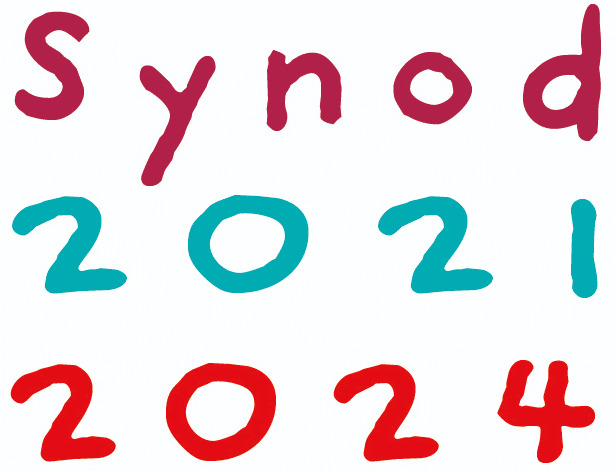“…the purpose of this Synod, and therefore of this consultation, is not to produce documents, but to ‘plant dreams, draw forth prophesies and visions, allow hope to flourish, inspire trust, bind up wounds, weave together relationships, awaken a dawn of hope, learn from one another and create a bright resourcefulness that will enlighten minds, warm hearts, give strength to our hands’”
— Preparatory Document, 32

